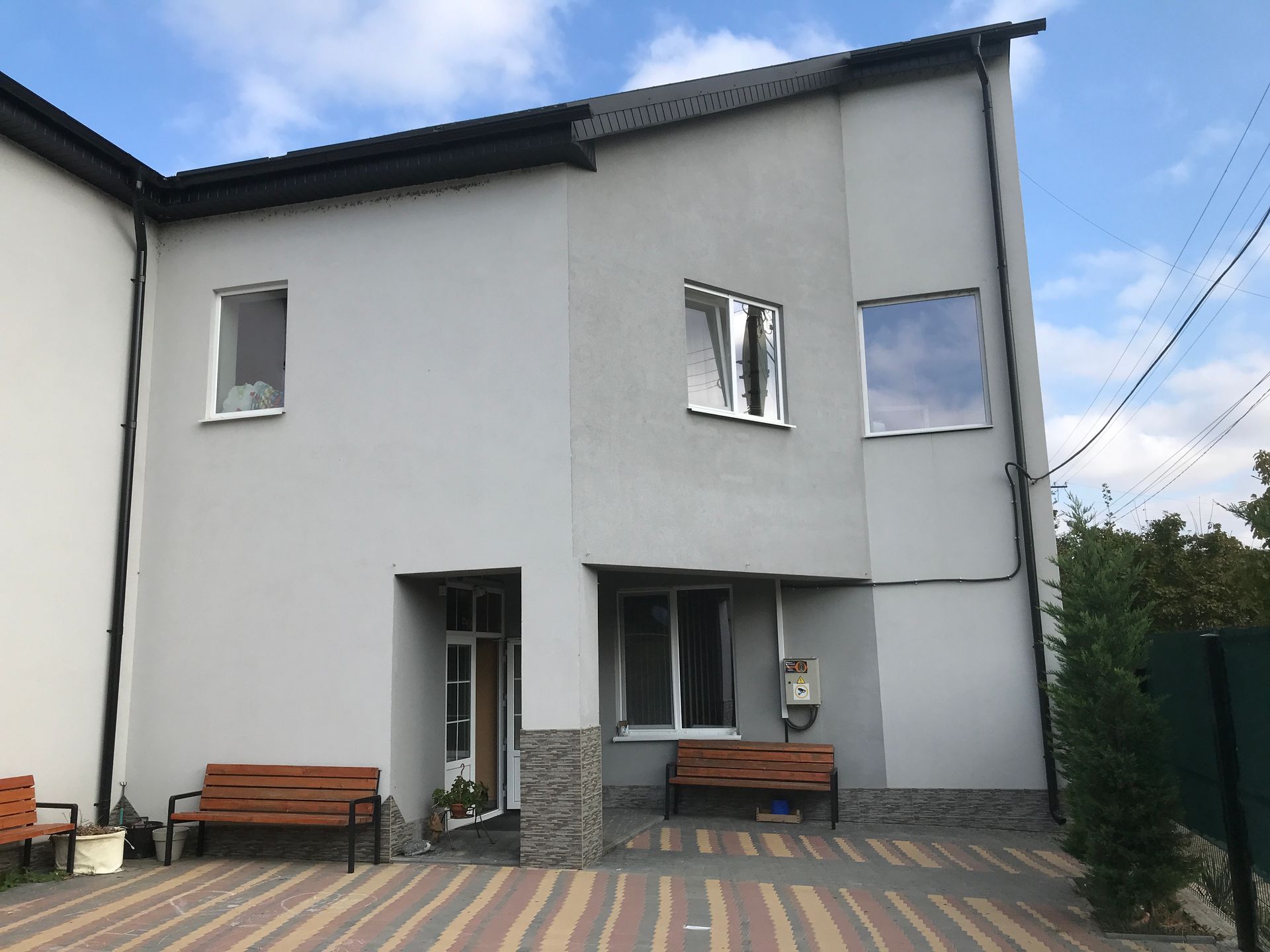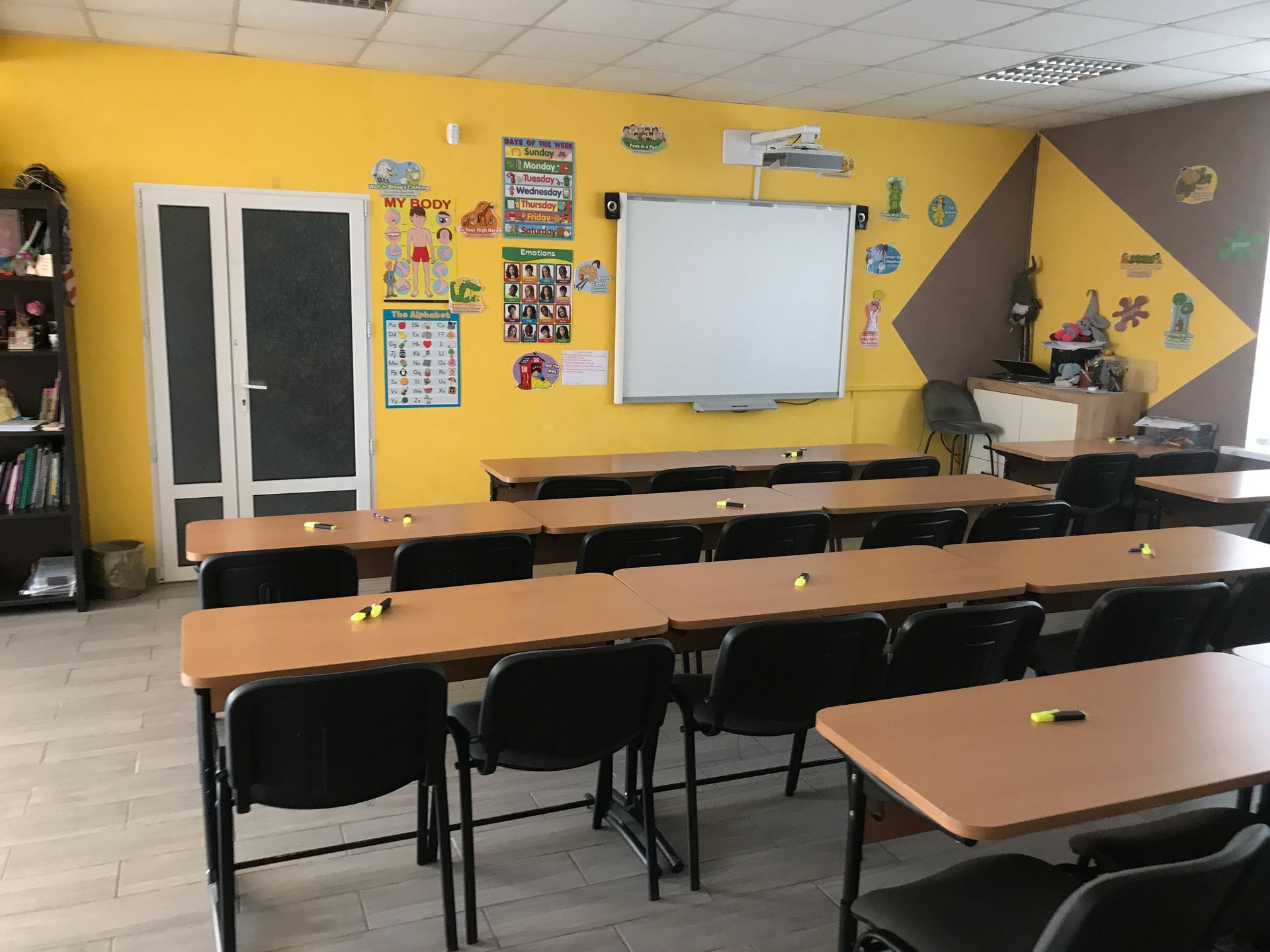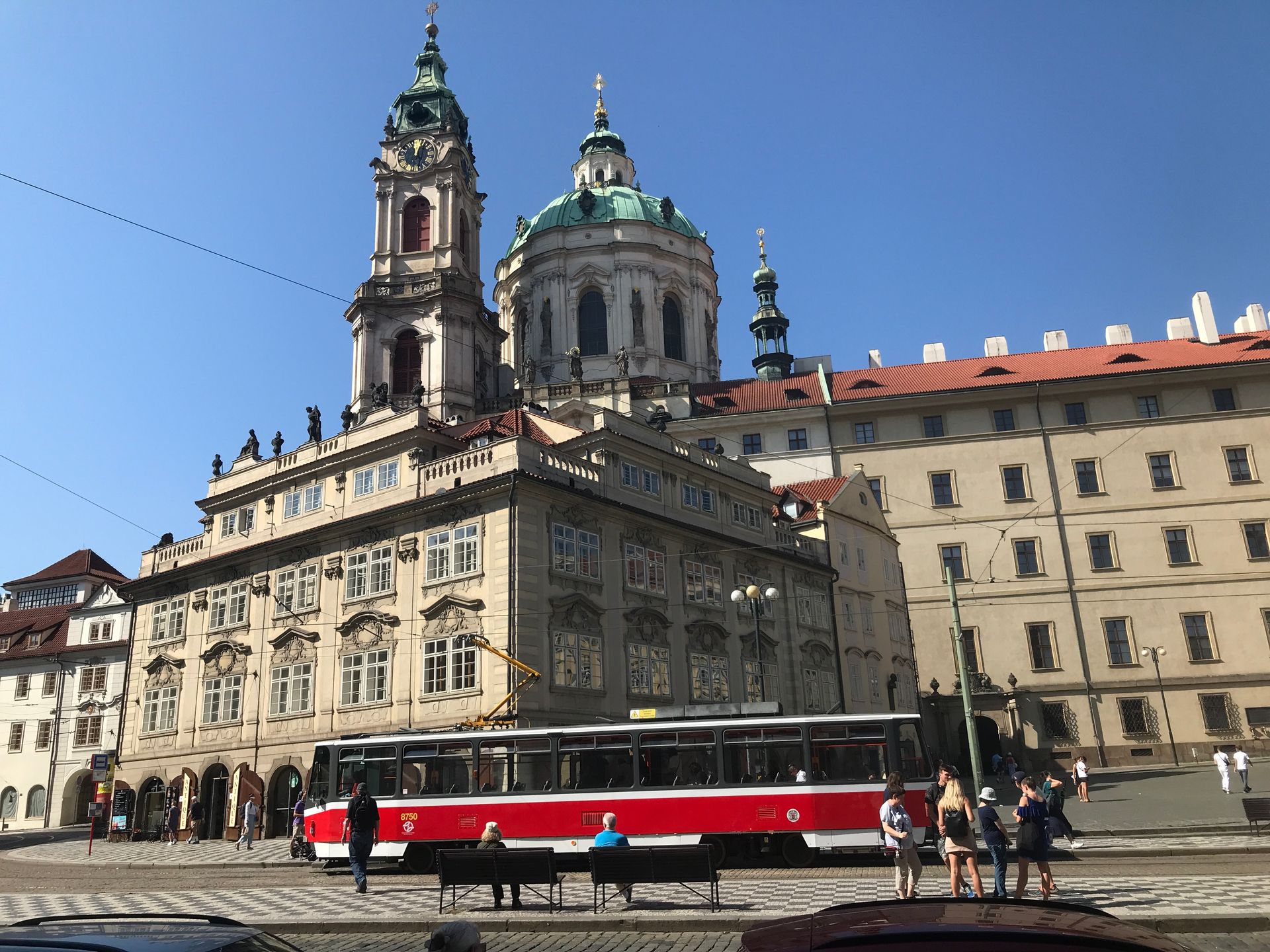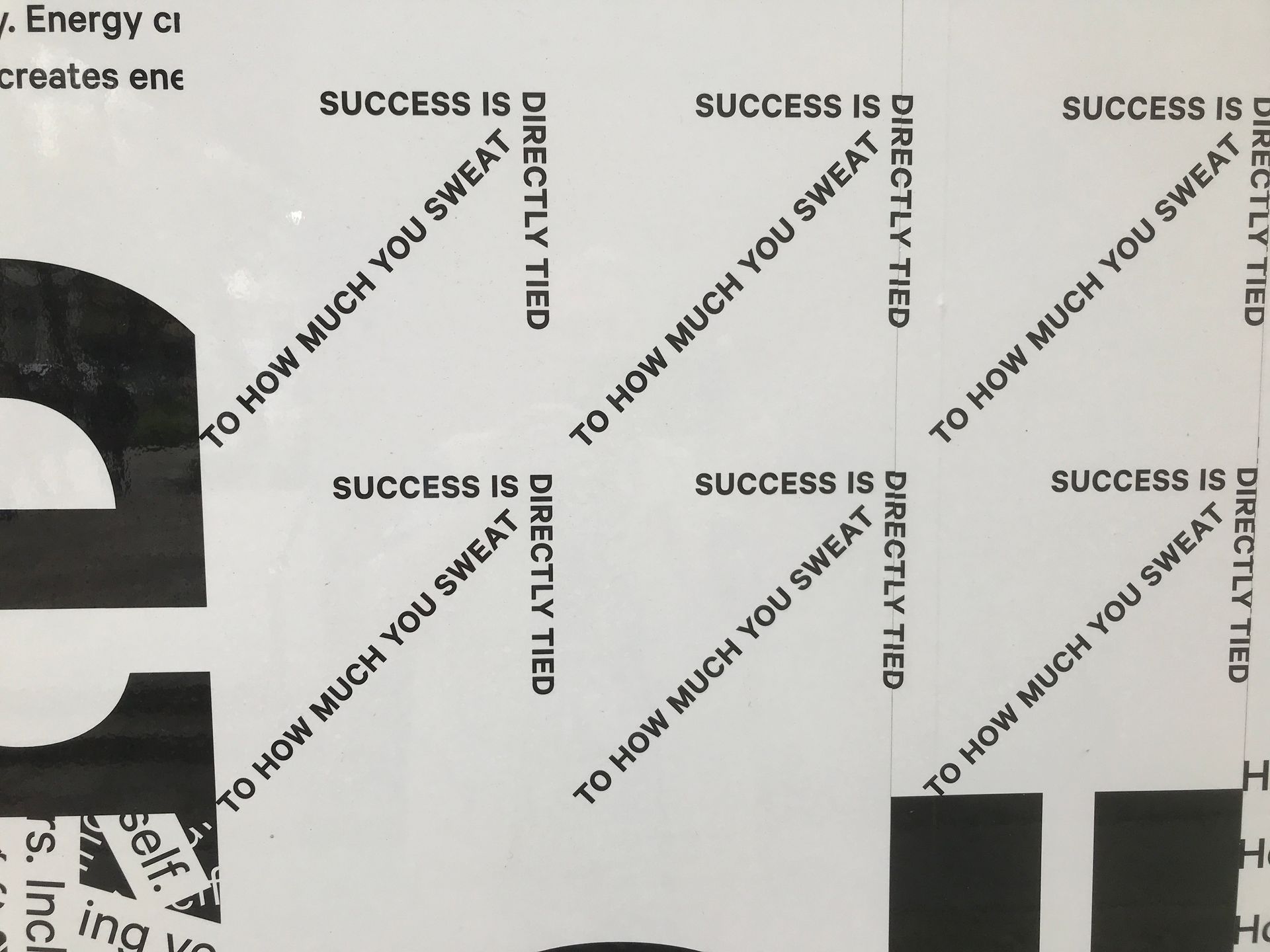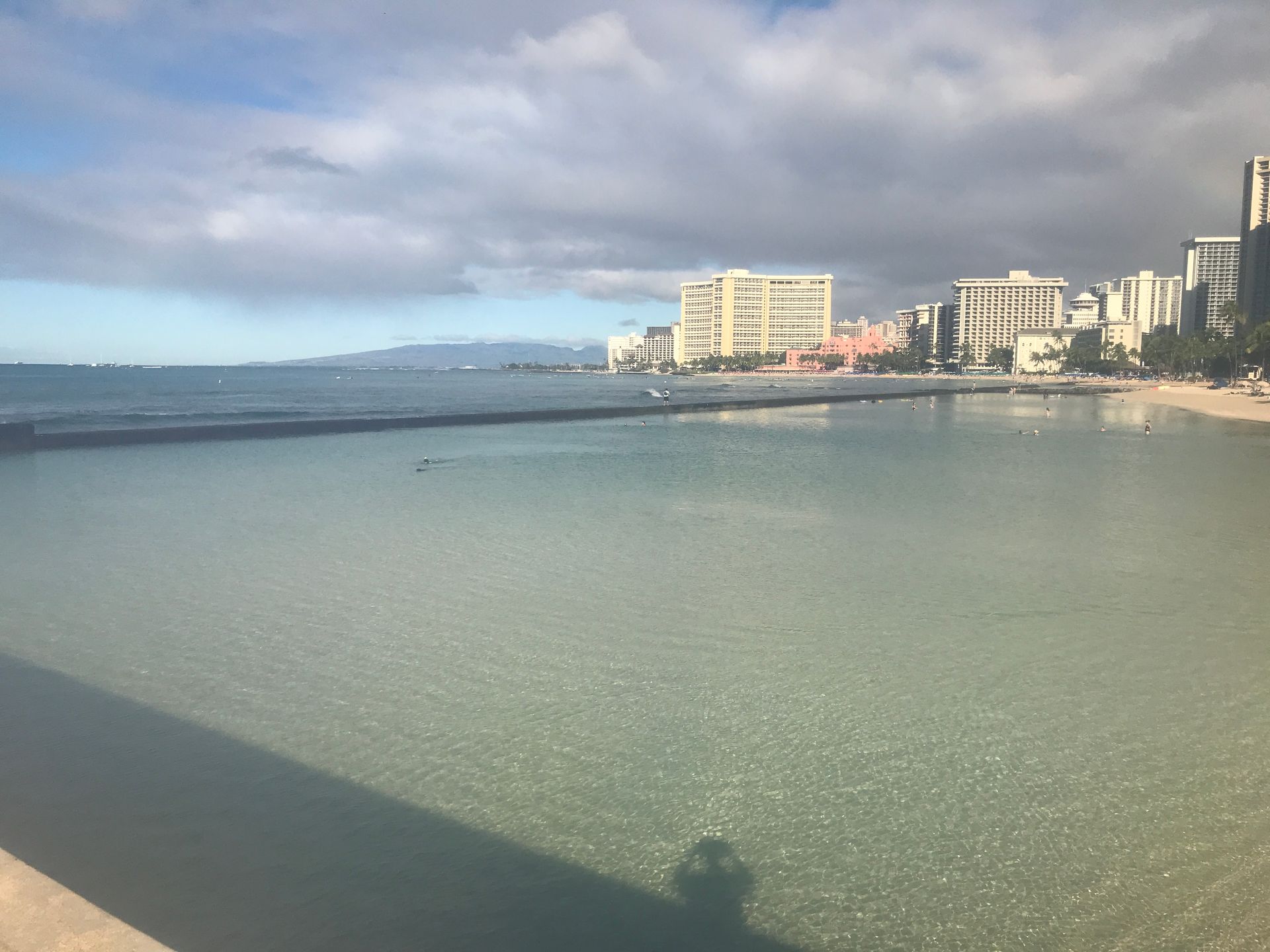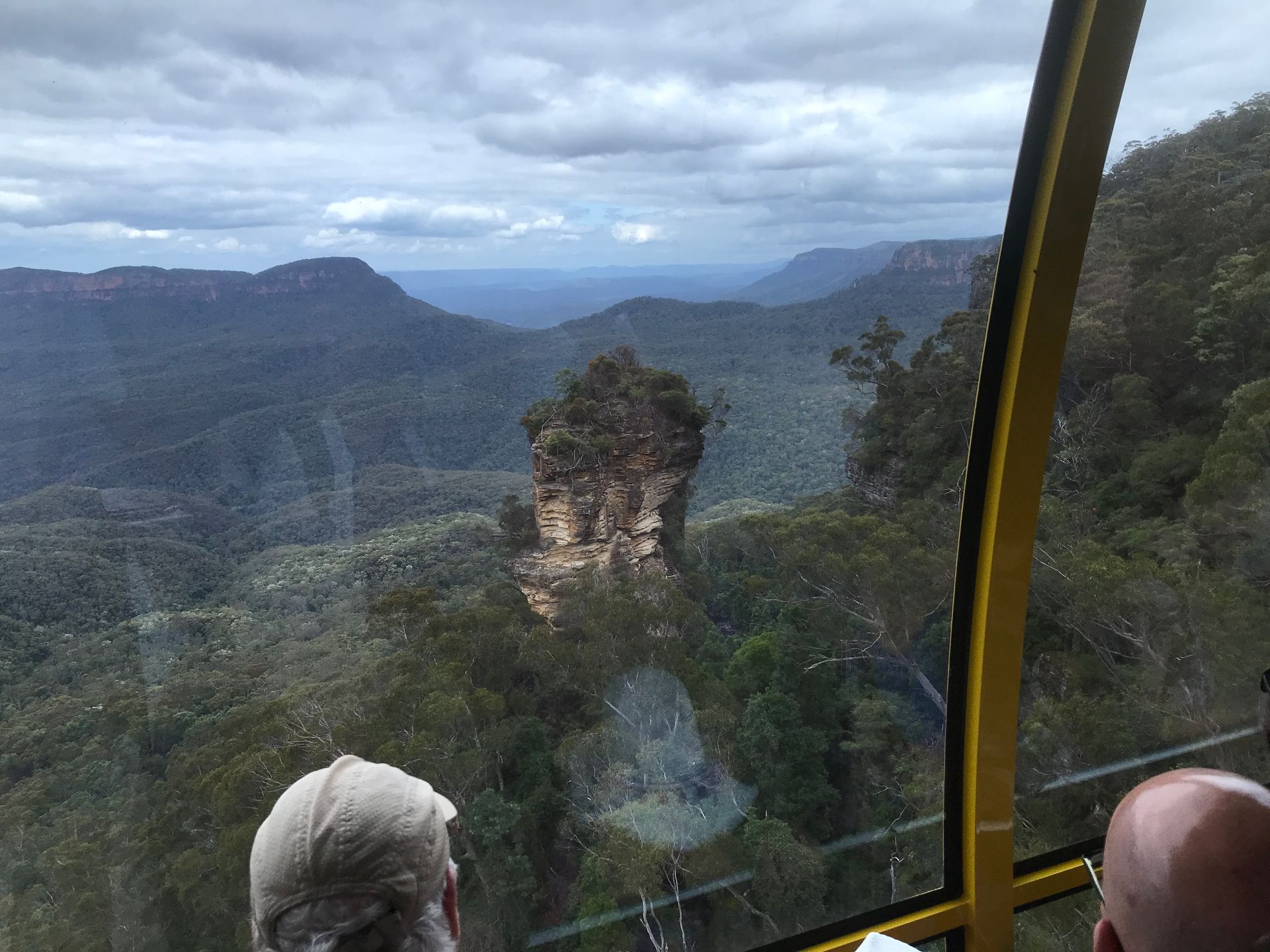Week 10
I am uncertain how English became the dominant international
language, replacing Latin and then French, but it is the lingua franca between
multiple countries. The adults attending
the English immersion courses were using these new skills for cross-border
business, science, tourism, or in one case, just so he could talk to his
American grandson.
Moldova has been independent since 1991 but is getting off to a slow start. They are a tiny agricultural based economy, left without a manufacturing base, in a world that is increasingly technical and very competitive. Those who lived more than 2 generations being told what to do by central planning are being replaced by citizens living for themselves; succeeding or failing by themselves in a self-starting system. It is a major attitude change. The key to success for the new generation in Moldova is education. This gives the kids a future of options which are further extended if they can also speak English. It is the language people first approach you with if you appear ‘foreign’ or are staying in an international hotel. This skill even bores down to the cab drivers in Bucharest or Krakow. Regardless of the political problems that may occur in their lifetimes, education is portable and nontaxable.
One is not admitted into university in Moldova without passing the Cambridge English exam. One gets 4 tries to pass the exam at a certain level or the only option is a trade school. It is a big deal. The exam is in 4 parts: Reading and use of English, Writing, Listening and Speaking and the last is 15% of the final grade. One can use American slang and still pass the exam because the conversational section is between 2 students discussing a subject with 2 monitors aiding the conversation and grading their impressions of the vocabulary and grammar. There are multiple certificates of competency depending on the final grade. Yes, the bulk of the exam is academic English, but I am no longer very concerned about worries that the slang will interfere with the academic portion.
I have spent hours on YouTube watching videos of how to teach conversational English.
It was pointed out to me that I spoke too fast and the students had difficulty figuring out where one word ended and another began. There are multiple videos of lessons on how not to sound foreign when speaking English. They are all lists of phrases in which the words run together eg Wannagofercoffee, Whassup, etc. This is the distinction of a native English speaker. We speak in strings of phrases and then run them together. I concluded that I speak impeccable English. I think the Polish found the Englishmen at the courses easier to understand because their speech is more succinct as they seem to emphasize the last letters of a word if it is a consonant. Of course, this is ignoring their regional accents. So, I am going to work on slowing down my words per minute and then trying to break the phrases down into isolated words.
I will not give up all my slang because it seems one gets a higher grade on the exam if one uses slang (American or English) but I will attempt to keep it well used and common and understood by all 4 types of English speakers. Besides, it makes my speaking more colorful.
They have an app for that. I was also told that I had a deep voice which made the words difficult to hear. So I invested $2 USD into Vocular, an app which measures the sound range of your voice. It turns out my range is 58 to 106 Hertz which gives me the lowest bass musical note there is and, if I was a female, it is called voice fry. I do not think I can do anything to bring my range up to falsetto.
I am going to take the online course for a TEFL certificate just to give me some credibility.
What can an instructor do to make the learning experience more fun and possibly easier than memorizing a list of vocabulary words? Probably talk about the world the students live in and therefore subjects they can relate to. For instance, Moldova is an agricultural region and so one could talk about farm animals, types, body parts and foods from them; parts of a tractor and the difference with a car. One can include geography by discussing travel from one part of the world to another through airports with all the details of tickets, passports and visas, parts of the airplane and foreign locations.
I understand that these kids are taking other subjects in public schools in Romanian and this English tutoring is only 2 or 3 hours a week. But, what if one could increase exposure to English by using Skype or Facetime for 15 minutes here and there? Sort of on call at the student’s convenience. I am not sure how to set this up because one is assuming they have access to a computer and then there is the time zone problem. Are there enough students with smart phones and therefore access to Google translate or WhatsApp?
I return to Causeni, Moldova the beginning of February. I will see if this approach makes any difference.
ReCent Posts


